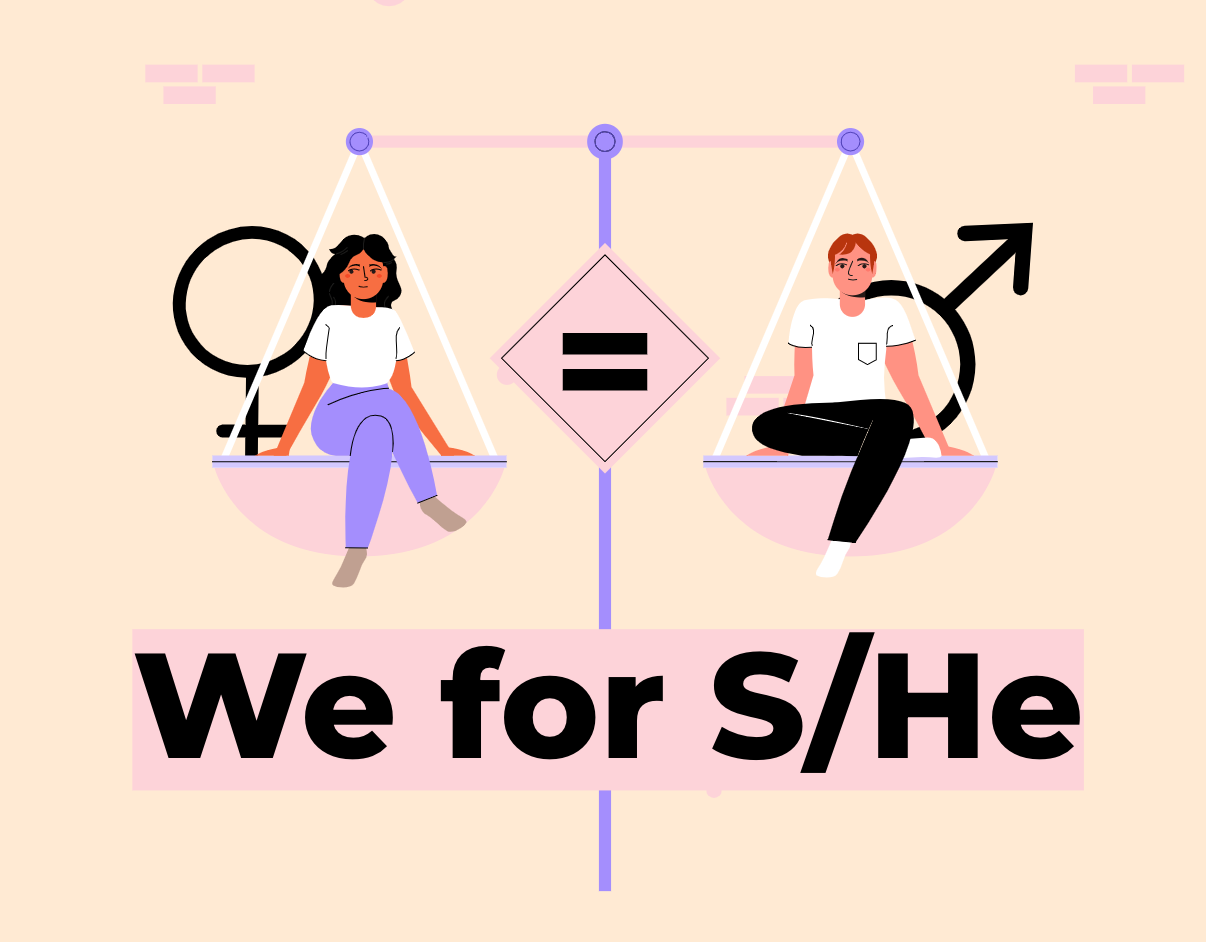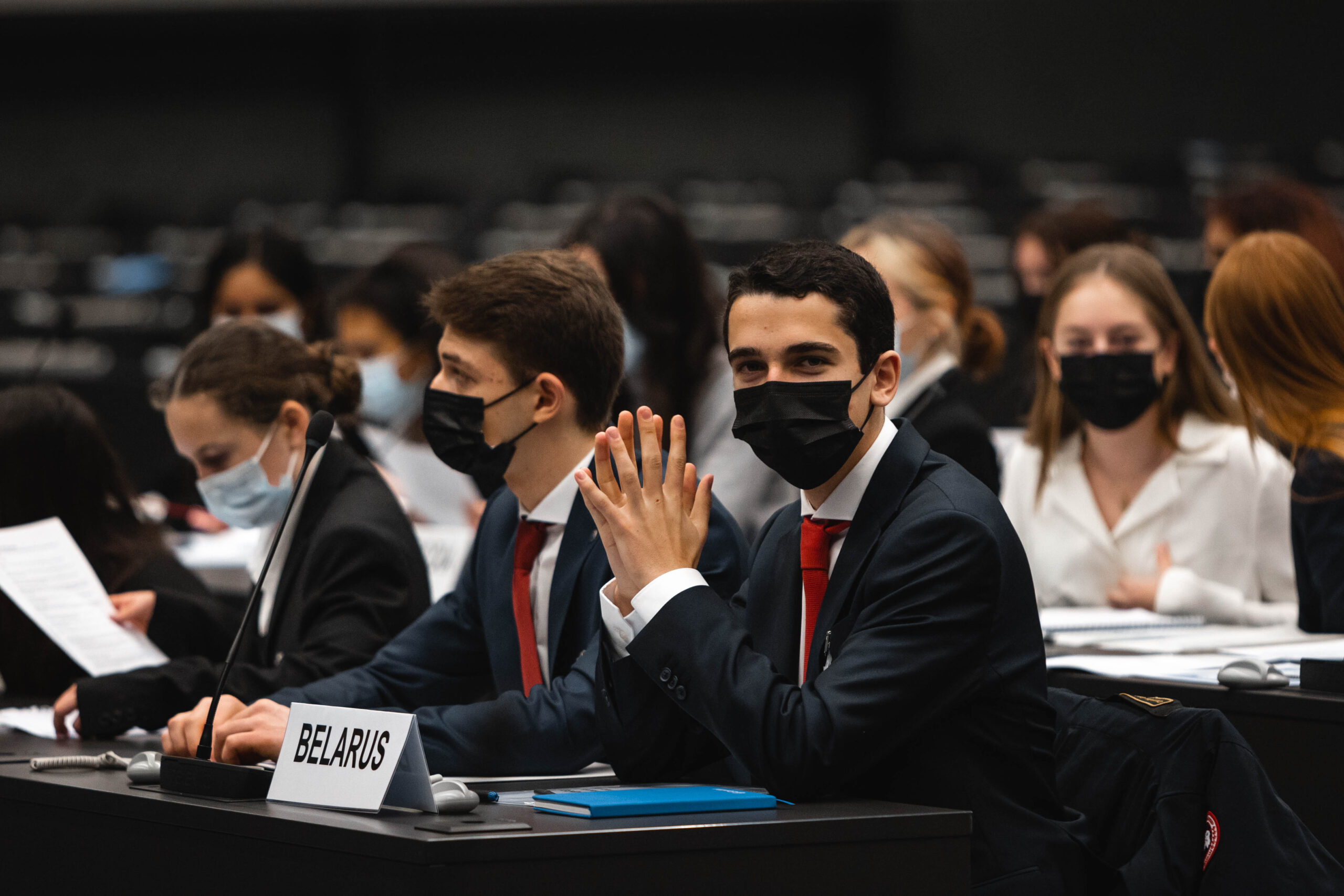By Reza, Elina & other Year 13s
INTRODUCTION
Hello! What you are now reading is a compilation of advice & tips given by the Year 13s of 2020 and the Year 12s of 2021, and a questionnaire answered by 31 students. The purpose of this document is to help future IB students who are either struggling, confused, or just need some general advice about writing their Extended Essay. This is meant as a more informal guide since there are already many guides out there. Of course, Extended Essays differ from student to student, but where this document can try to help is get students in the correct mindset and to smooth out the cracks in their Extended Essay.
TOPIC AND RESEARCH QUESTIONS
Topic and RQ
- Choose something that you enjoy (unanimous from all 13th graders).
- The RQ needs to be specific (researching beforehand will help with this). The question should be open-ended, so avoid questions with a single answer; a question which can be attacked from two different views will make a good RQ.
- Make sure you have enough research or you might realise there is not enough information about your topic to write 4000 words. As one person said, “You don’t want to be writing the same essay 3 times”
- About half of the 13th graders said to do a “To what extent” question. This is especially good for History or Art. Don’t make it too broad though!
- Think about university! “The EE might actually end up giving you some clarity on it and you’ll be able to use it in your personal statement.”
Mistakes to Avoid
- This might sound counter-intuitive, but don’t give it too much thought. If your supervisor gives it the green light, don’t stress it.
- Have a plan of what your essay will be. You don’t want to realise halfway through the essay that you don’t have enough research and information.
SOURCES AND CITATIONS
Citation Methods
Here are some of the most popular citation methods that are used.
- Chicago style: This also allows you to use footnotes.
- MLA
- APA
As general advice, some of the many “citation makers” online that are really helpful. However, be aware that some subjects have specific requirements for what style is used, for example psychology, which demands the APA style. Another thing to note as well is that IB requires an “accessed date” for every single citation! Lastly, the librarians are really helpful with your bibliography and citation so don’t forget ask for their help if you are in doubt.
Websites to Use:
- BibMe (this is especially good for Chicago style citations)
- Citation machine
- Purdue owl
- Easybib
- The citation tool in Word is also really good as it inserts the citations and puts your bibliography in alphabetical order
Finding Reliable Sources
How easy or hard it is to find reliable sources depends strongly on the topic of your EE. So, when you are thinking about your topic, make sure that you are actually able to find enough reliable sources. Here are some useful places to look:
- Library’s list on the website
- Université de Genève Bibliothèque website for finding books
- Governments’ sites and resources
- UN databases
- Our world in data
- The world bank database
- Finding someone to interview is a really good source as well!
- Google scholar
- Jstor.org
- DON’T use Wikipedia, but the sources there might be useful to check
- Books (ask your supervisor and the librarians for help)
- Journals
- Scientific papers
- News articles
- University papers
ASKING FOR HELP
Plan and Writing
A general tip for everyone is just to ask for help if you are in doubt! If you are proactive and polite you will get help; don’t be afraid to ask! The worst case is that they say no, which is much more rare than the optimistic alternative where they help you out!
Of course, your supervisor should be the first person to ask, but if you are doing world studies, a teacher of the other subject is good person to consult and probably necessary. In addition, any other teacher that you feel comfortable working with is probably happy to help you. Ask for general advice and organisation help, or when you are in the stage where you have written your draft, ask teachers to read it over to see if they have any ideas for improvement. Other teachers with different perspectives can give good advice and personal motivation.
The librarians are also very helpful – they can read through your EE and look for improvements and mistakes as well as help you find sources and format in-text citations and your bibliography correctly. Just don’t come running to them a day before the deadline!
When to Start Planning
Many students started their EEs at various times. However, the majority of them started planning in the beginning of summer. The earlier, the better of course! A plan or an outline is important to make; this way it is easier for you to start writing. Keep your outline open and add ideas and arguments as you go. Your essay is likely to change a lot during the whole process of writing.
How Much to Work During the Summer Holidays
Obviously, there are different ways to work and everyone has their own way of working. Some want to spread out the work over the whole holiday and some work only for two or three weeks very efficiently.
If you have to read books for your research, read them in the beginning of the holiday, or preferably even before, so that you can start writing as soon as possible.
Try to finish your first draft during the summer so that it is as good as possible. This will ensure you have enough time to make final edits and score high! Even though it may feel tough to work during the holiday, it is for your own good. If you leave the whole EE for September, it will compromise the quality of your work and you will not be able to do well. Set realistic goals that you know you will manage to get done!
Biggest Obstacles
Most people’s biggest challenge was finding good sources.
If you have to do a lab to collect primary data, do some more pre-trials as you might not always get what you want the first time around.
Time management is key. Plan earlier, as you might have a lot of questions or find that something you thought would be easy is actually be a lot of work.
The Most Time-Consuming Part
The extended essay as a whole takes time and is a big project, so it is useful to make deadlines for yourself to meet. The research project is really important and time consuming, but if you have done that really well, writing is easier, as well as faster. Moreover, good analysis is easier to write. Structuring and planning your EE is also important to make the process of writing easier for yourself. Doing the bibliography is also surprisingly time consuming, so it is important to collect the sources as you go and write them on a different document to have them all together.
We really hope that you enjoyed reading our tips for the whole process of Extended Essay and hopefully you got some new and useful information. The Extended Essay is a big and important process, and numerous people have been able to complete it and even get really good grades. So will you! It might feel extremely stressful in the beginning, but with small steps everything is possible; just don’t leave it till the last minute and don’t be afraid to ask for help! We are wishing you the best of luck with the Extended Essay – you got this!


